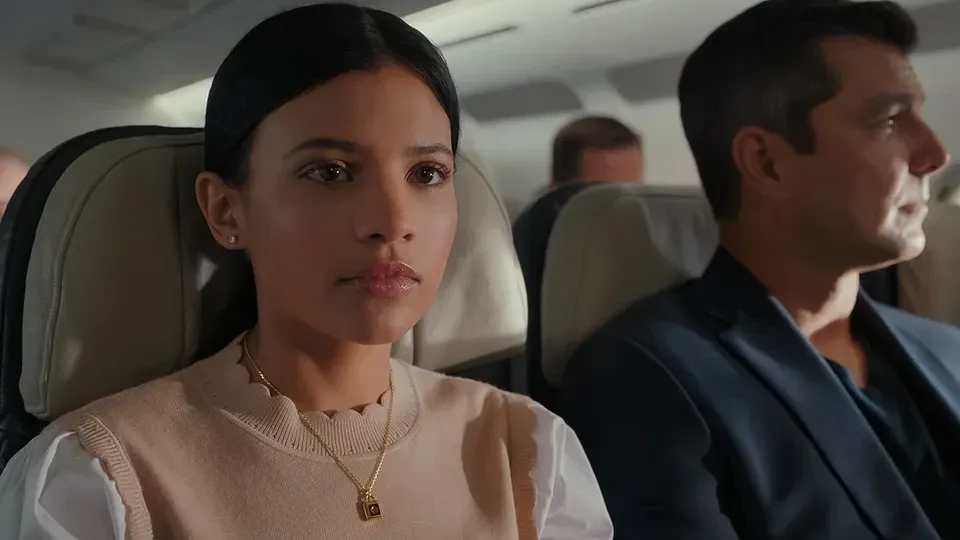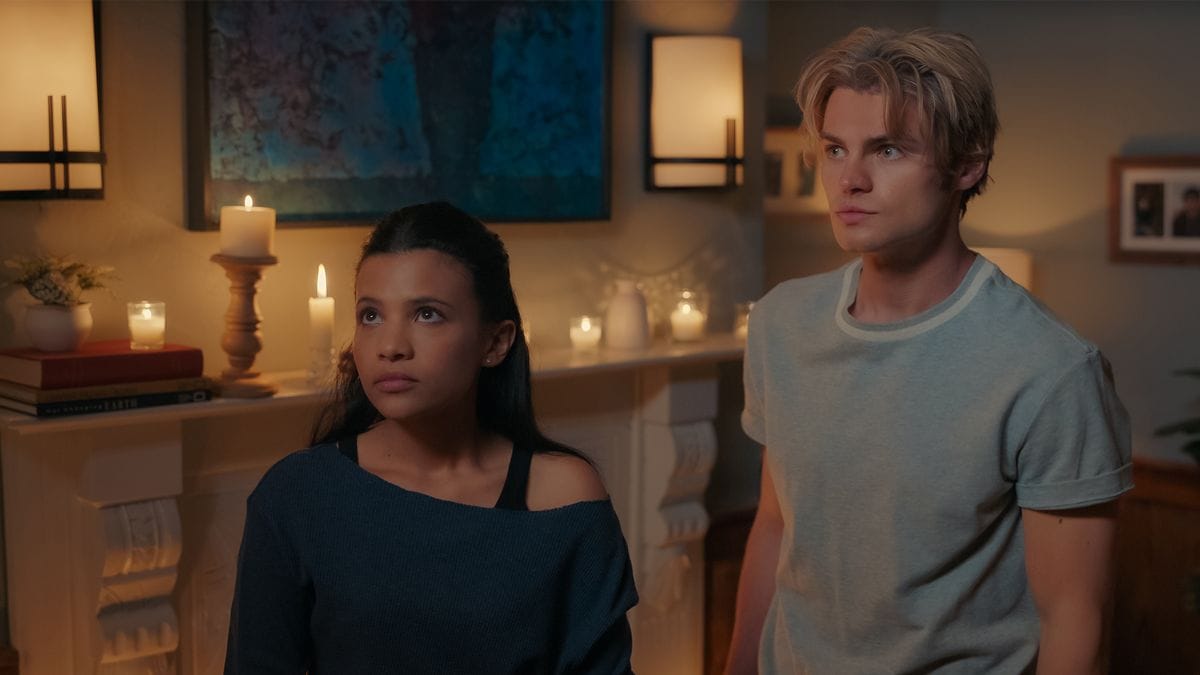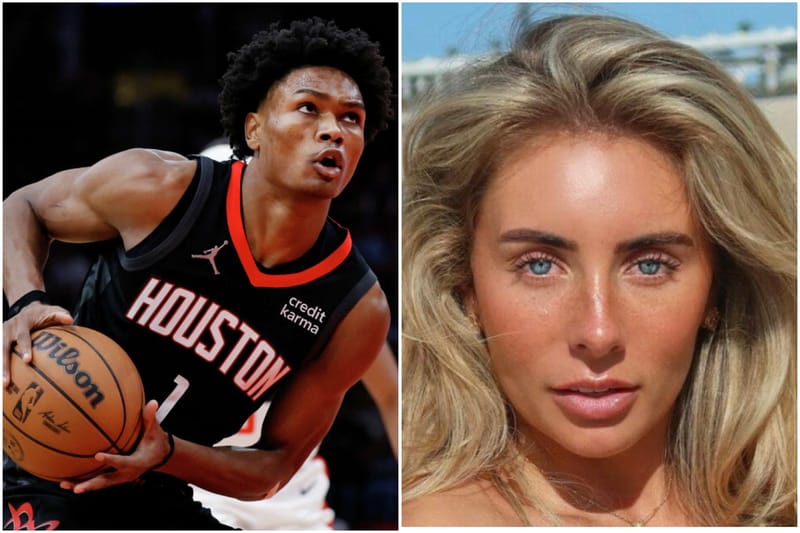My Life with the Walter Boys: A Netflix Misfire in Representation and Authenticity
The Netflix series “My Life with the Walter Boys” is an adaptation of Ali Novak's book of the same name, brought to life on screen under the helm of showrunner Melanie Halsall. But despite its literary roots and the promise of a compelling coming-of-age story, the show disappointingly
The Netflix series “My Life with the Walter Boys” is an adaptation of Ali Novak's book of the same name, brought to life on screen under the helm of showrunner Melanie Halsall. But despite its literary roots and the promise of a compelling coming-of-age story, the show disappointingly perpetuates troubling Hollywood tropes that do more harm than good.
A glaring issue in this series is its treatment of race and representation. The entertainment industry has long been criticized for its lack of diversity and authentic representation. Unfortunately, "My Life with the Walter Boys" does little to challenge this status quo. It's tiresome to see yet another series where young women of color are predominantly paired with white male characters, while black men are conspicuously absent or relegated to stereotypical roles.
In the case of "My Life with the Walter Boys," the character Skylar Summerhill, a black male, is portrayed as gay. While there's absolutely nothing wrong with having LGBTQ+ characters in a series, it becomes problematic when this seems to be the only space allotted for black men, especially when white men are continually cast in heterosexual roles.

The series also raises eyebrows with its unsettling portrayal of Jackie Howard, a woman of color, who finds herself swarmed by the Walter boys after moving into their home. This dynamic feels increasingly uncomfortable as the series progresses, bordering on creepy. It's as if these male characters see Jackie as an exotic prize to be won rather than a complex individual with her own dreams, fears, and aspirations.
Moreover, the show's portrayal of Haley Young, a black woman played by Zoe Soul, falls into the same trap. Haley is romantically involved with a white male character, again failing to represent the diversity of relationships within the black community. This consistent failure to depict black love on screen is a glaring omission that perpetuates harmful stereotypes.
If the roles were reversed, with a house full of black boys swooning over a young white girl, there would likely be public outcry. So why should this situation be any different? It's time we start calling out directors and producers who fail to place young black men in heterosexual roles in their movies and save those roles only for white men.
In conclusion, "My Life with the Walter Boys" falls short in its portrayal of diverse relationships and characters. Instead of breaking down barriers and challenging stereotypes, it reinforces them, contributing to the ongoing problem of representation in Hollywood. It's a missed opportunity to create a truly inclusive and relatable narrative.




